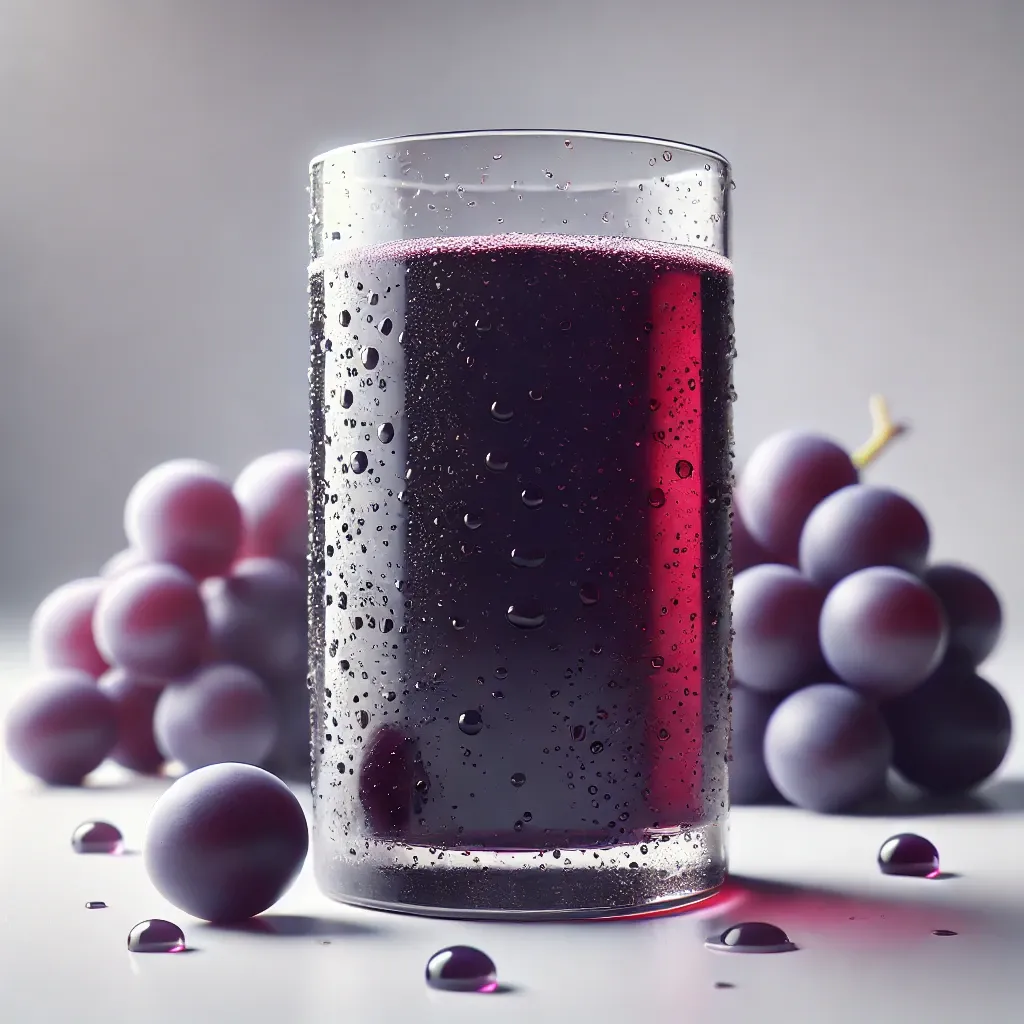Recommended Drinks for Relieving Persistent Migraines
Migraines are one of the most common types of headaches that many people experience, causing both physical and mental pain. Symptoms include intense pain starting on one side of the head, nausea, vomiting, and sensitivity to light and sound, significantly disrupting daily life and reducing productivity. Millions of people worldwide suffer from migraines, with about 1 in 10 people in Korea also experiencing them.
There are many ways to relieve migraines, but one of the simplest solutions is to consume specific drinks. These drinks can help prevent dehydration, one of the main causes of migraines, or alleviate symptoms. However, since the causes of migraines vary from person to person, it is important to choose a drink that works for you.
The drinks introduced below are based on research and health data and may help relieve migraines. Be sure to check the ingredients of each drink before consuming and adjust based on your physical condition.
Grape Juice: Magnesium for Migraine Relief
Grape juice is rich in magnesium, which may help alleviate migraines. Magnesium plays a crucial role in calming the nerves and is effective in reducing migraine attacks. A glass of grape juice can provide part of the recommended daily intake of magnesium, making it beneficial for people who frequently experience migraines. Be sure to choose 100% natural juice without added sugar.
For those with magnesium deficiency, grape juice is a quick and easy way to replenish magnesium. However, it's important to maintain a proper intake to avoid excessive sugar consumption.
Orange Juice: The Double Effect of Vitamin C and Magnesium
Orange juice is rich in vitamin C and magnesium, helping to calm nerves and boost the immune system. Oranges contain a substantial amount of magnesium, contributing to headache relief. A glass of orange juice contains about 11 mg of magnesium, which can also help prevent migraines.
When choosing orange juice, it is important to select natural juice without added sugar. Excessive sugar intake can worsen headaches.
Decaffeinated Coffee: Enjoy Without the Caffeine Burden
Caffeine can worsen migraines, but if it's difficult to completely cut out, decaffeinated coffee can be a good alternative. Decaffeinated coffee contains significantly less caffeine than regular coffee, reducing the burden for migraine sufferers.
However, decaffeinated coffee still contains small amounts of caffeine, so avoid excessive consumption. Drinking one cup a day is appropriate. Gradually reducing caffeine intake can help ease headaches over time.
Green Tea: A Suitable Choice for Caffeine Control
Green tea is a suitable alternative to coffee, with lower caffeine content. A cup of green tea contains about 30-50 mg of caffeine, much less than coffee. A moderate amount of caffeine can help relieve headaches by dilating blood vessels, so if it's difficult to give up coffee entirely, switching to green tea may help reduce caffeine intake.
Green tea contains catechins, an antioxidant that can help reduce inflammation and improve vascular health. These properties also have a positive effect on preventing migraines.
Ginger Tea: Relieving Associated Migraine Symptoms
Nausea is a common symptom accompanying migraines, and ginger is a natural remedy that is excellent for alleviating nausea. Ginger tea is caffeine-free and helps reduce vomiting and nausea during migraine attacks. Ginger also has anti-inflammatory properties that contribute to headache relief.
Ginger tea also aids digestion and reduces inflammation in the body, making it beneficial for preventing migraines when consumed regularly.
Low-fat Milk: Vitamin B2 for Headache Prevention
Low-fat milk is rich in vitamin B2 (riboflavin), which helps reduce the frequency of migraine attacks. Riboflavin supplies energy to nerve cells, contributing to the prevention of migraines. A glass of low-fat milk contains about 0.5 mg of vitamin B2, providing almost half of the daily recommended intake.
For people who experience frequent migraines, consistently consuming low-fat milk to increase vitamin B2 intake can be beneficial.
Water: The Basics of Migraine Prevention
One of the common causes of migraines is dehydration. Not drinking enough water can lead to dehydration, which can trigger headaches. Drinking more than 8 glasses of water daily to maintain proper hydration is one of the basic methods of preventing migraines.
It is especially important to drink plenty of water during hot weather or before and after exercise. Preventing dehydration can reduce the likelihood of migraines.
Migraines can significantly disrupt daily life, but by improving lifestyle habits and choosing drinks that help relieve migraines, symptoms can be reduced. It's important to understand the cause of your migraines and manage them consistently.








